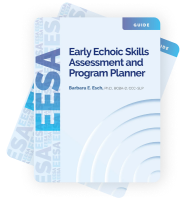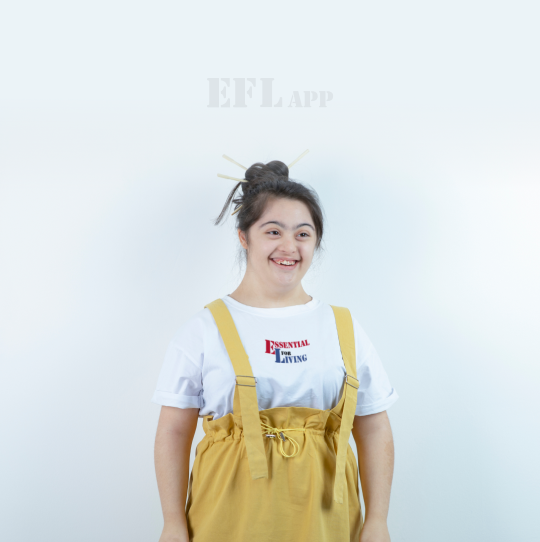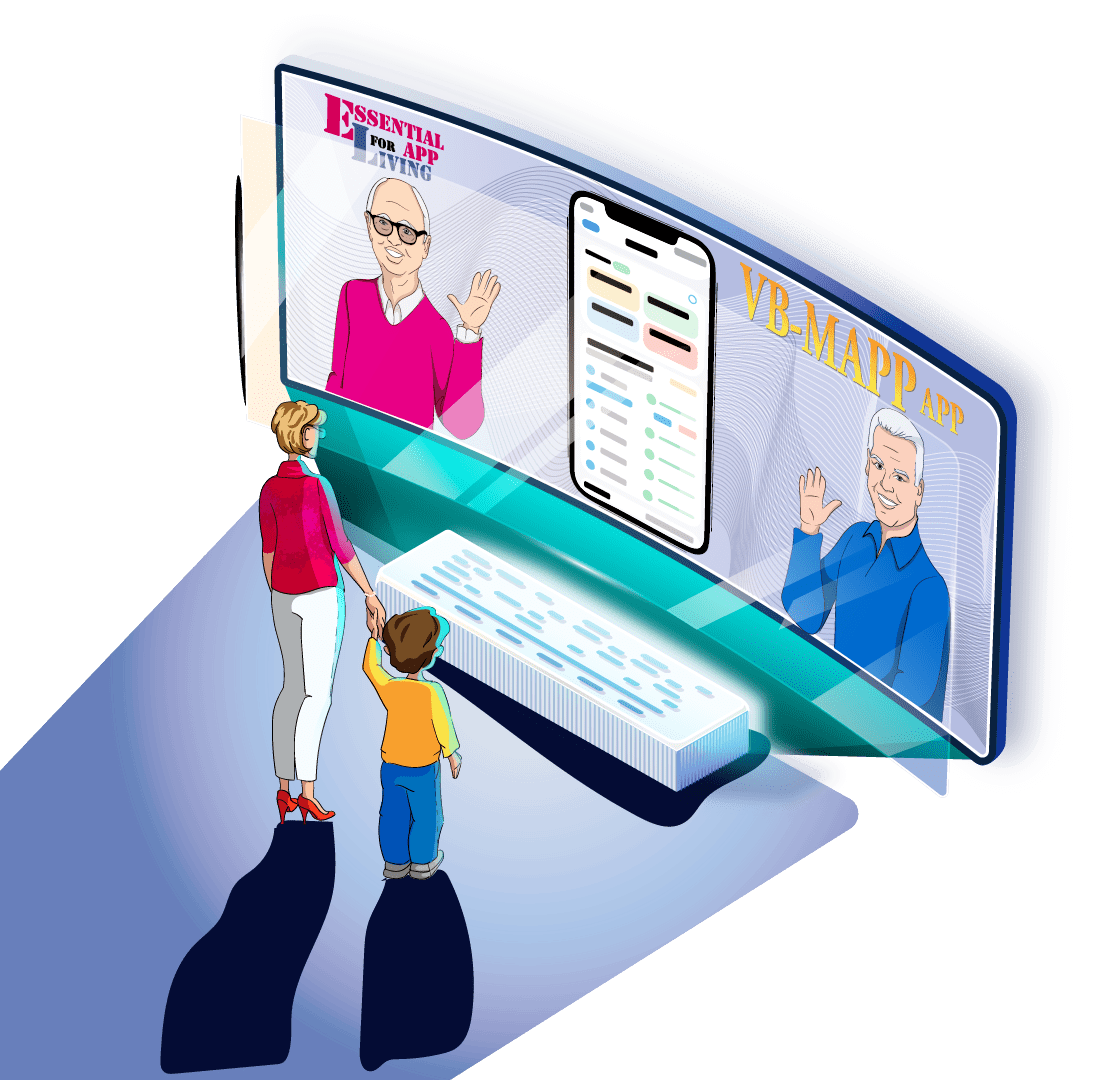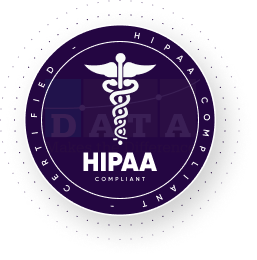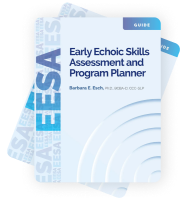EFL: What it is and who it’s for?
Essential for Living (EFL) is a function-based assessment and curriculum that continues to work on communication. Essential for Living is written by Dr. Patrick McGreevy and Troy Fry.

The Essential for Living book and app contain over 1000 skills that learners of different ages might need in order to have a happy and productive life. EFL breaks down these skills into groups that guide the users to focus on specific areas of need. These groups are “must have” skills, “should have” skills, “good to have” skills, and “nice to have” skills. These groupings guide users to focus on what the authors call “The Essential Eight” skills, those “must have” skills that, if a learner lacks in fluency, will result in the learner’s having a pretty miserable life. Imagine not being able to get your needs met; not being able to wait; not being able to accept “No!” or transition between tasks or situations.
Two features make Essential for Living stand out from other function-based assessments: the assessment/curriculum continues to work on communication (a skill that all other function-based assessments do not include and that is usually still very imperative for our learners); and Essential for Living has an Alternative Method of Speaking Selection tool that guides users in selecting a way for their learners to communicate. The selection is based firstly on the learner’s repertoire, then on the advantages of speech, and then on the learner’s ability to have a large, unfamiliar audience or a small, familiar one.
The other thing that really makes EFL shine is the user’s ability to track small increments of progress. If you have a learner who has failed to show progress with the data collection method you are using, EFL’s tracking system will take account of the learner’s ability to perform the skill, without problem behavior, with or without resistance to prompts, or at a particular prompt level or with or without fluency etc. If you do not need that level of specificity, you may still use EFL for the Quick Assessment and use the skill suggestions, but use your own data collection.
EFL is often used when neurodivergent learners are not “catching up” to their typically developing peers and it is beneficial for these learners to focus on life skills, because unless the learner needs to learn about concepts to work on academics, how many times in his/her life will he/she be asked to name some farm animals, or even name the parts of a vacuum?
For young learners with developmental disabilities, autism, or speech delays, EFL may not be appropriate at this time, instead you might consider working intensively to help the learner to “catch up” to his/her peers, using a developmental assessment such as the VB-MAPP.
If I were to try to identify some disadvantages of using this curriculum, I might say that the data collection piece can be overwhelming. However, if you have a learner who needs incremental data collection, it might be worth spending time familiarizing yourself with the data collection symbols…it doesn’t take long and it is worth it! And again if you want to start out using your own data collection that works too!
#Essential For Living #EFL App
